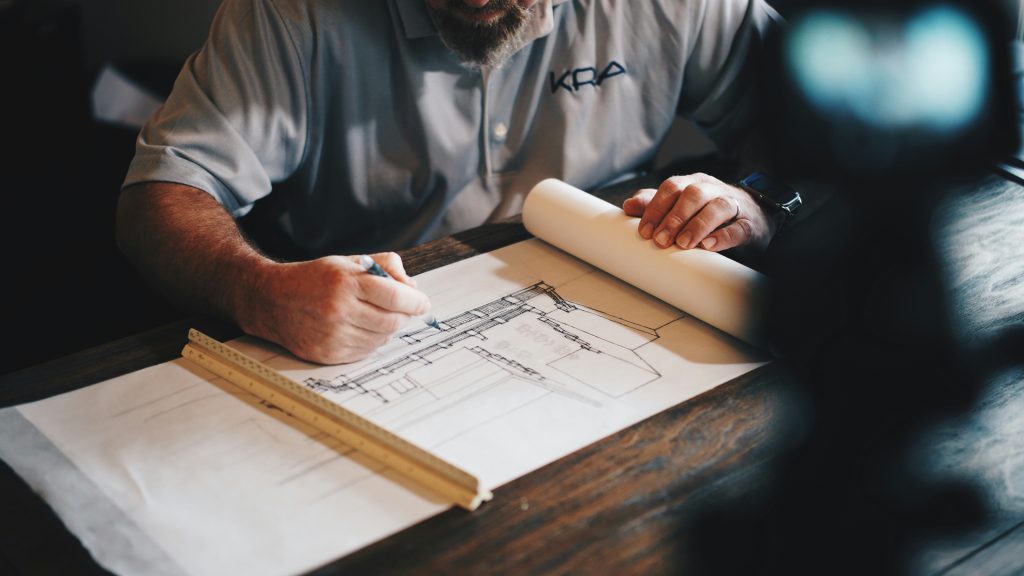1. Research suppliers of all your materials thoroughly and obtain a minimum of four quotations from builders and suppliers. Interrogate them on lead times and delivery constraints.
2. Interrogate your build design to standardise sizes so you are not building bespoke, but can buy industry standard-sized materials. This will not only help you eliminate wastage but bespoke items cost more and will also have longer lead times.
3. Choose your materials and method of construction according to the location and size of your site. Narrow roads, bridges, overhanging trees and the site’s terrain will all impact transportation and logistics costs.
4. Ask your suppliers to forecast price increases for up to two or three years in advance and once you’ve received their quotations check their T&Cs and if their prices include VAT.
5. Build up a programme of sequential timings of when you require your materials to ensure their availability and avoid equipment and materials lying around unnecessarily for weeks or even months. Consider your storage management; where are you going to put your materials when they come to site?
6. Check for any damage to materials caused during transit and report it immediately.
7. If your budget is very tight, look for materials online on platforms such as eBay, Facebook Marketplace and Gumtree. Don’t buy all your materials and equipment from one builder’s merchant but split them up.
Also, when it comes to buying your kitchen, unbundle the kitchen quotation and buy from different places i.e. kitchen carcasses/doors from your kitchen company, quartz/granite worktops from a local granite company, ask your carpenter to install the kitchen and buy your appliances from individual suppliers online. Across the board this could save you as much as 30% from the original quotation!
8. Wait for the Bank Holiday sales. You could save between 30-40% on kitchens, tiling and appliances if you wait a few weeks to buy.
9. Watch out for seasonal building. The price of items such as decking will be more expensive once the warm weather arrives.
10. Involve a QS as early as possible in the process to provide an ECA Early cost advice plan. For a nominal cost of from £450, a QS will save you considerably more than their fee in the long run.
Featured Photo by Daniel McCullough on Unsplash.



